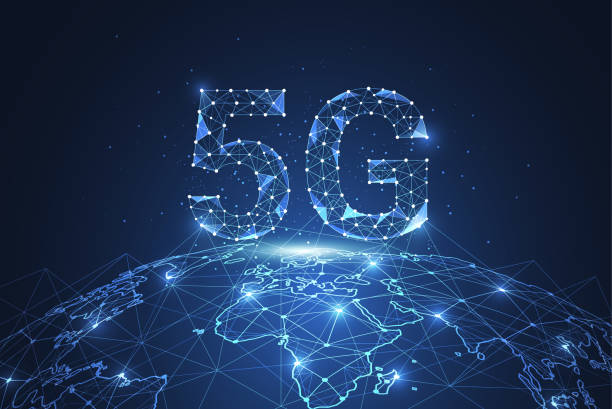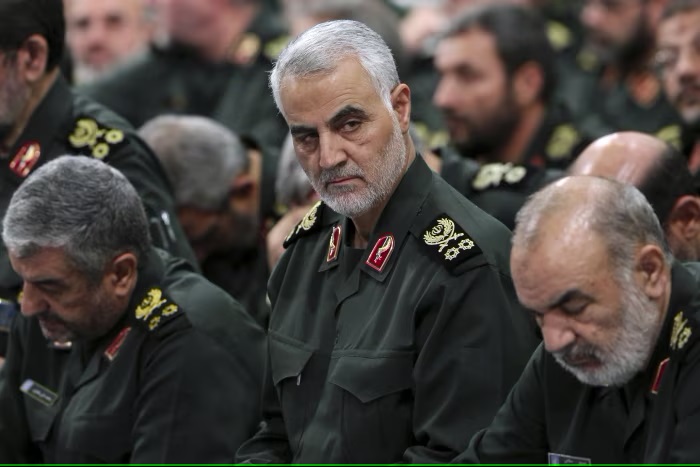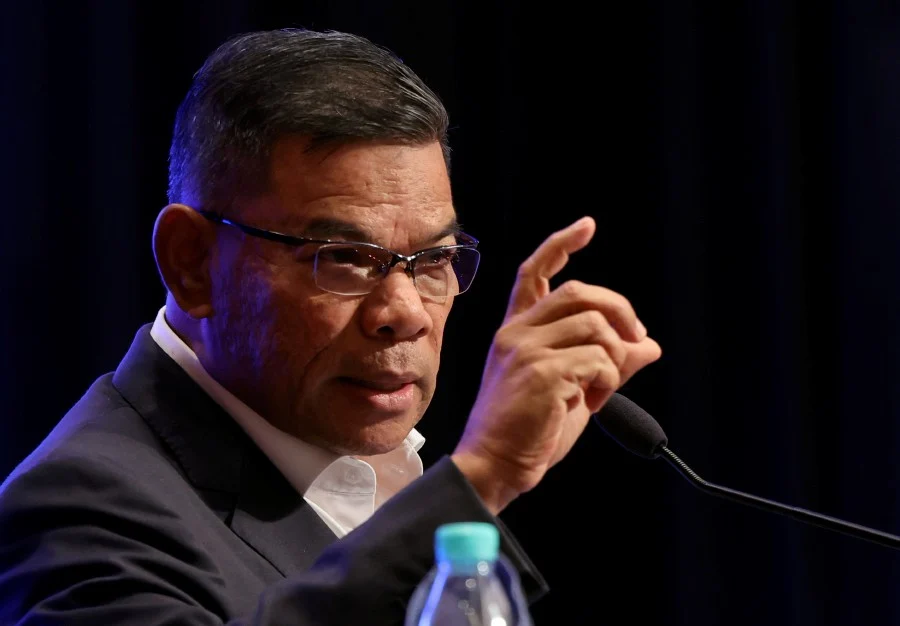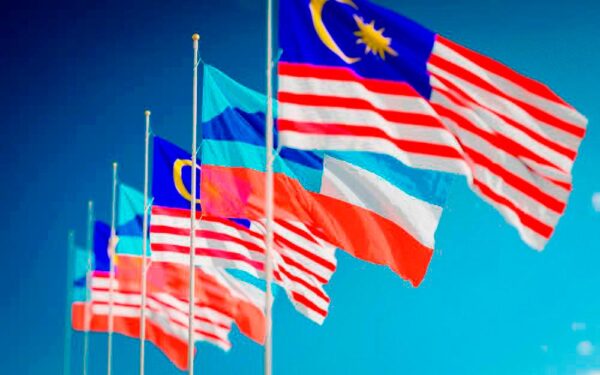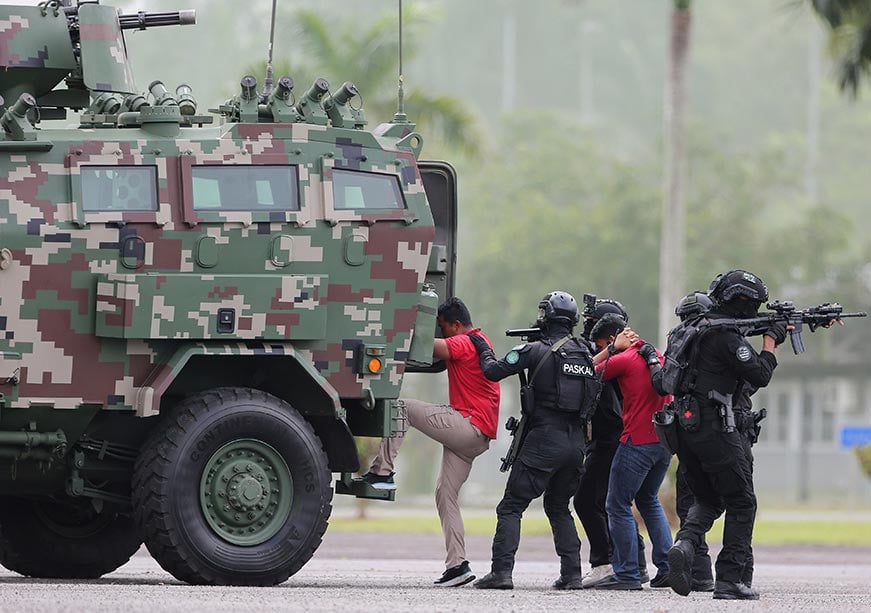YESTERDAY (April 8), Malaysia’s Big-Four telcos – Celcom Axiata Bhd, Digi Telecommunications Sdn Bhd, Maxis Bhd and U Mobile Sdn Bhd – issued a joint statement pertaining to their stance on Digital Nasional Bhd’s (DNB) reference access offer (RAO) which was recalled “almost immediately”.
Basically, the mobile network operators (MNOs) conceded that they have yet to agree to the key terms in the RAO that was recently published by the Government-owned exclusive provider of the 5G network.
But since the joint statement has been recalled, nobody knows for sure what is the latest stance of the four MNOs who remain crucial missing puzzle pieces in Malaysia’s quest to embrace the 5G technology (thus far, only Telekom Malaysia Bhd and YTL Communications Sdn Bhd have signed up with DNB’s so-called Single Wholesale Network model).
Think tank EMIR Research president/CEO Datuk Wira Dr Rais Hussin who has emerged one of the most vocal DNB critics in recent times insisted that there is a need to thoroughly examine the concerns previously raised by the MNOs with DNB and the Malaysian Communications and Multimedia Commission (MCMC) as well as the key principles in the said RAO in relation to industry best practices.
“Since the MNOs specifically mentioned key principles (in the since recalled joint statement), the ‘General Principles’ section of the RAO is a good start since a fundamental disagreement on this may have implications on how parties to the agreement would interpret other parts of the RAO,” he told FocusM.
As an example, Rais noted that the “General Principles” clause appears to disclaim that the “end user customers” are also shared by DNB.
“In other words, if the MNOs use the services provided by DNB, then perhaps the MNOs are of the view that DNB should also have some liability over those end user customers. Instead, the general principles disclaim this,” revealed Rais.
“Keep in mind that the offer to have the MNOs as shareholders of DNB down the road is presumably seen by the MNOs as a ‘joint-venture’ between the DNB and MNOs, and JV partners share responsibilities and liabilities.”
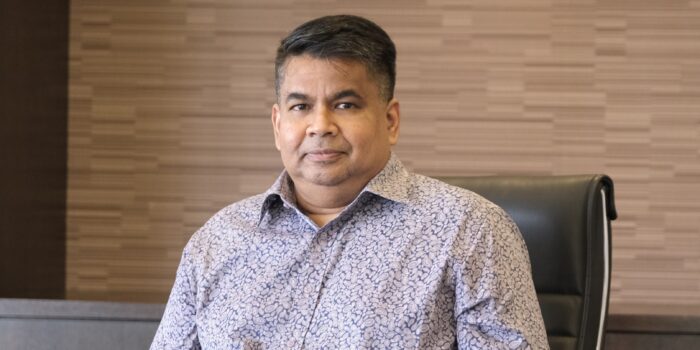
More broadly, Rais said there appears to be a non-singular voice among MNOs on the DNB issue which would indicate that different groups of MNOs would have different business views on how 5G should be rolled out – and how pricing should be imposed.
“These MNOs are of different sizes, owning a different share of infrastructure assets, and focusing on different market segments in different geographies,” he opined. “Therefore, these differences may be coming into conflict with the ‘non-discrimination’ clause, and could be a reason for the definition of ‘access seeker’ to be viewed as unfavourable to some MNOs.”
The RAO defines “access seeker” as “network facilities provider, a network service provider, an applications service provider or a content applications service provider who is a licensee as defined in the Act and who makes a written request for access to the Service”.
This means that access to the DNB 5G Network is not limited to the MNOs but includes wholesale – and retail access seekers – and even private networks.
“The RAO may not specify certain thresholds or minimum commitment to part of the DNB 5G network which means smaller players would jump in at the expense of levelling the market dominance of the bigger players,” suggested Rais.
“These are just general examination of some key clauses. The RAO document has hundreds of clauses which the MNOs be disagreeing specifically to, or in general due to the definitions and clauses regarding general principles.”
It is therefore inevitable that there would be a clash of interest, primarily when the business interest of the MNOs coming into conflict with the interest of DNB, according to Rais.
“As mentioned previously, DNB’s ‘supply-led’ model would face challenges with ‘demand-driven’ business model preferred by MNOs. Interests may not only clash between DNB and MNOs but also among MNOs (themselves),” he pointed out.
“Either way, both DNB and MNOs (and other relevant stakeholders such the Finance Ministry and the MCMC) must strive to reach a win-win solution because what is at stake – the true losers or benefactors from the planned 5G roll-out – would be the people and the nation.” – April 8, 2022


